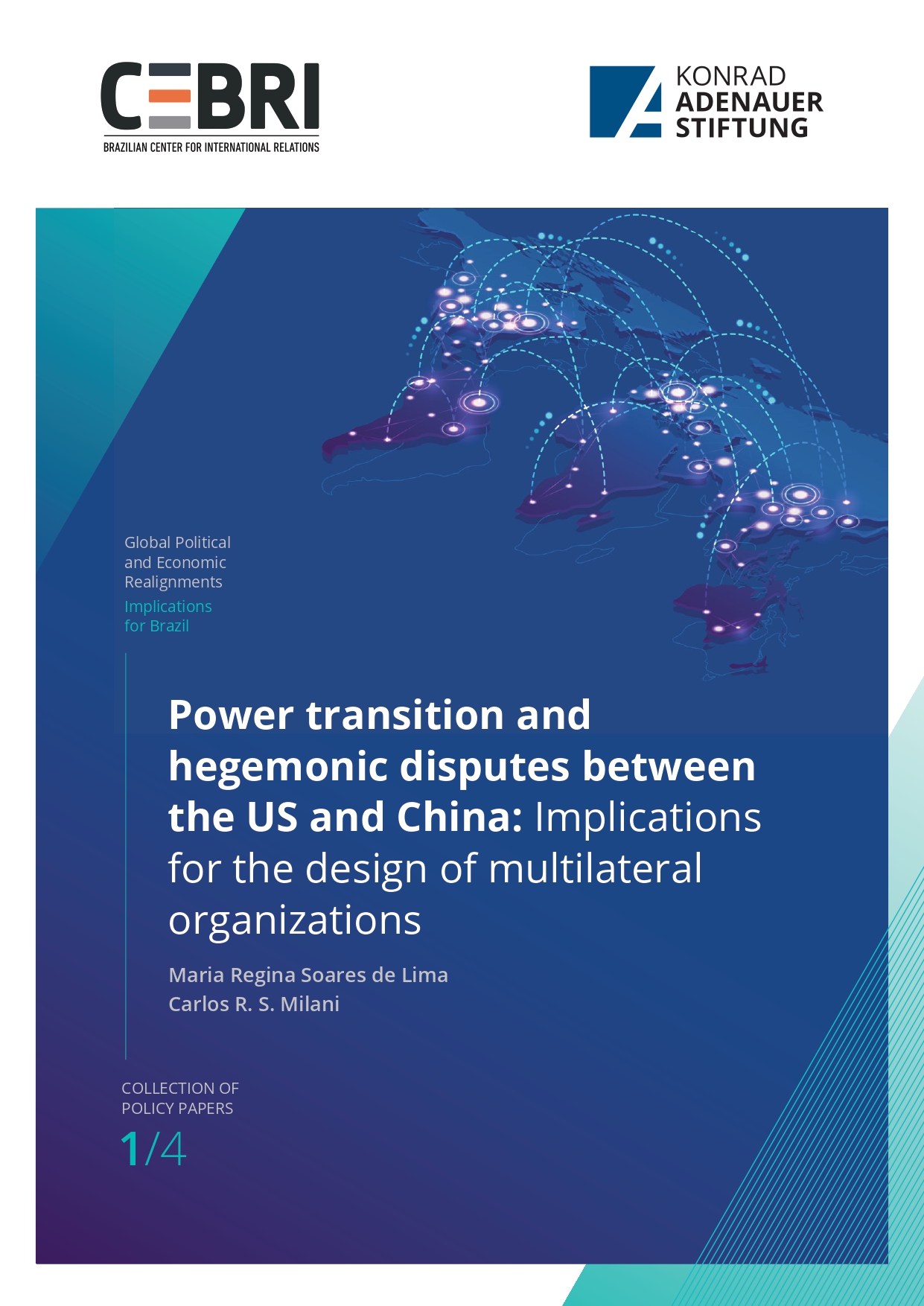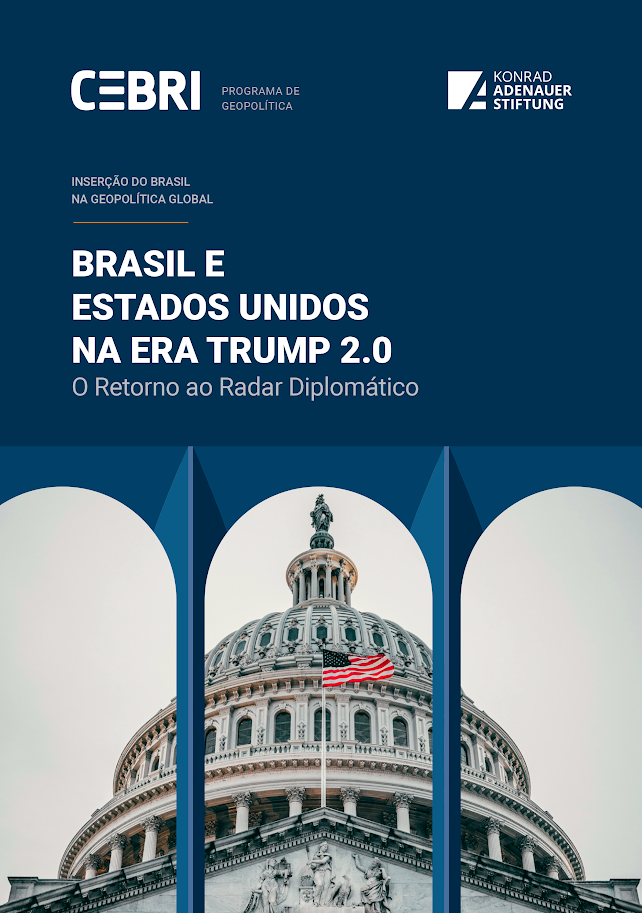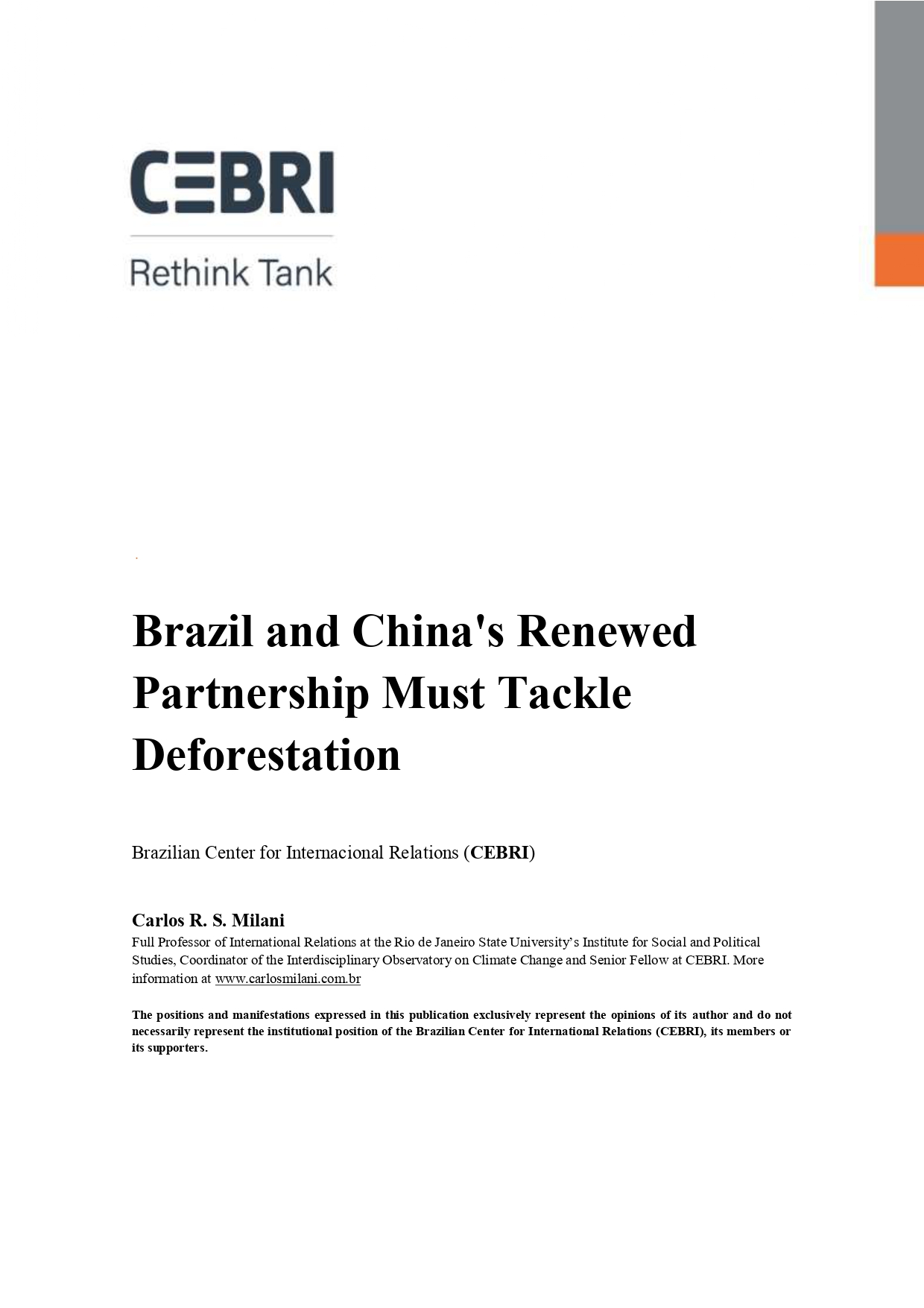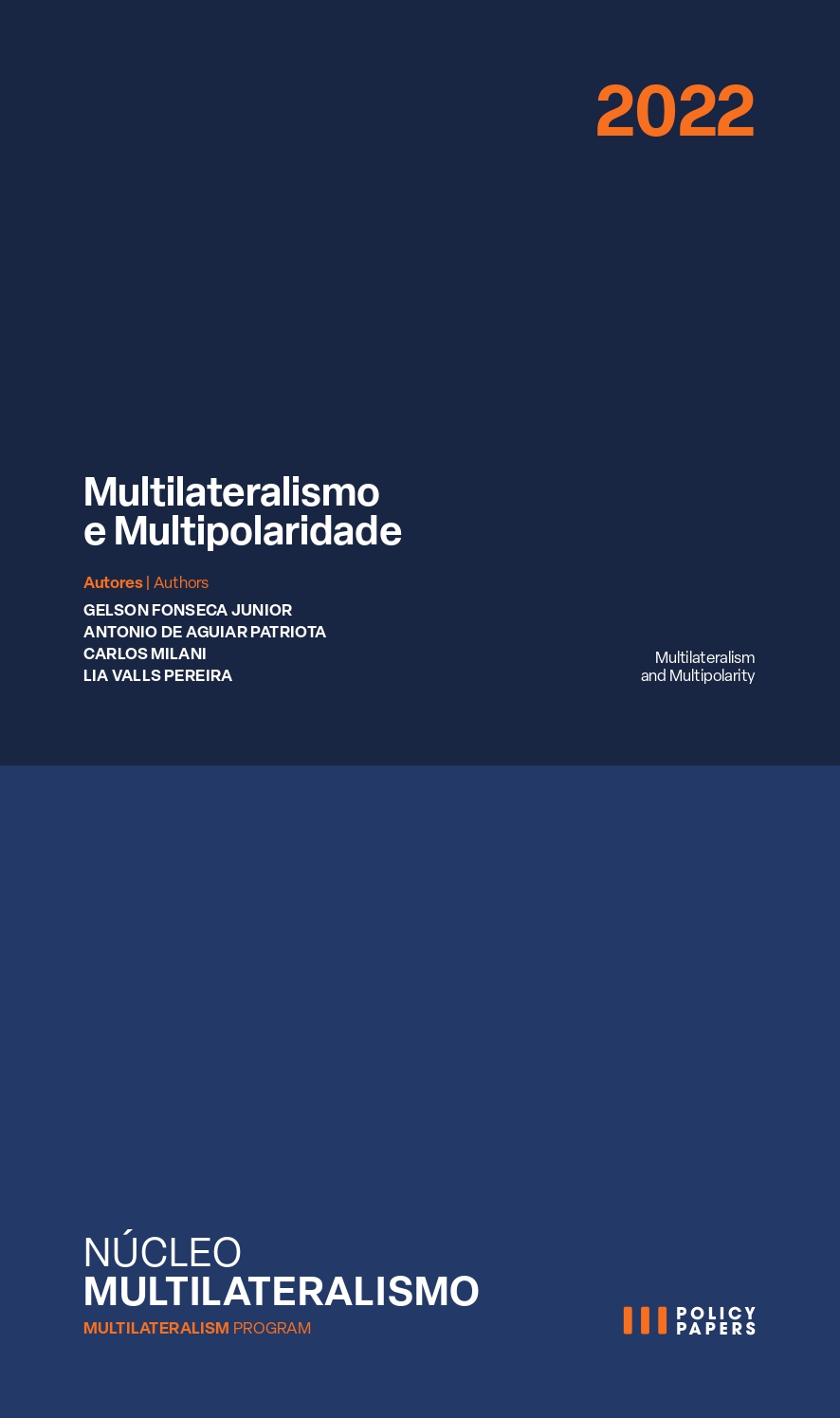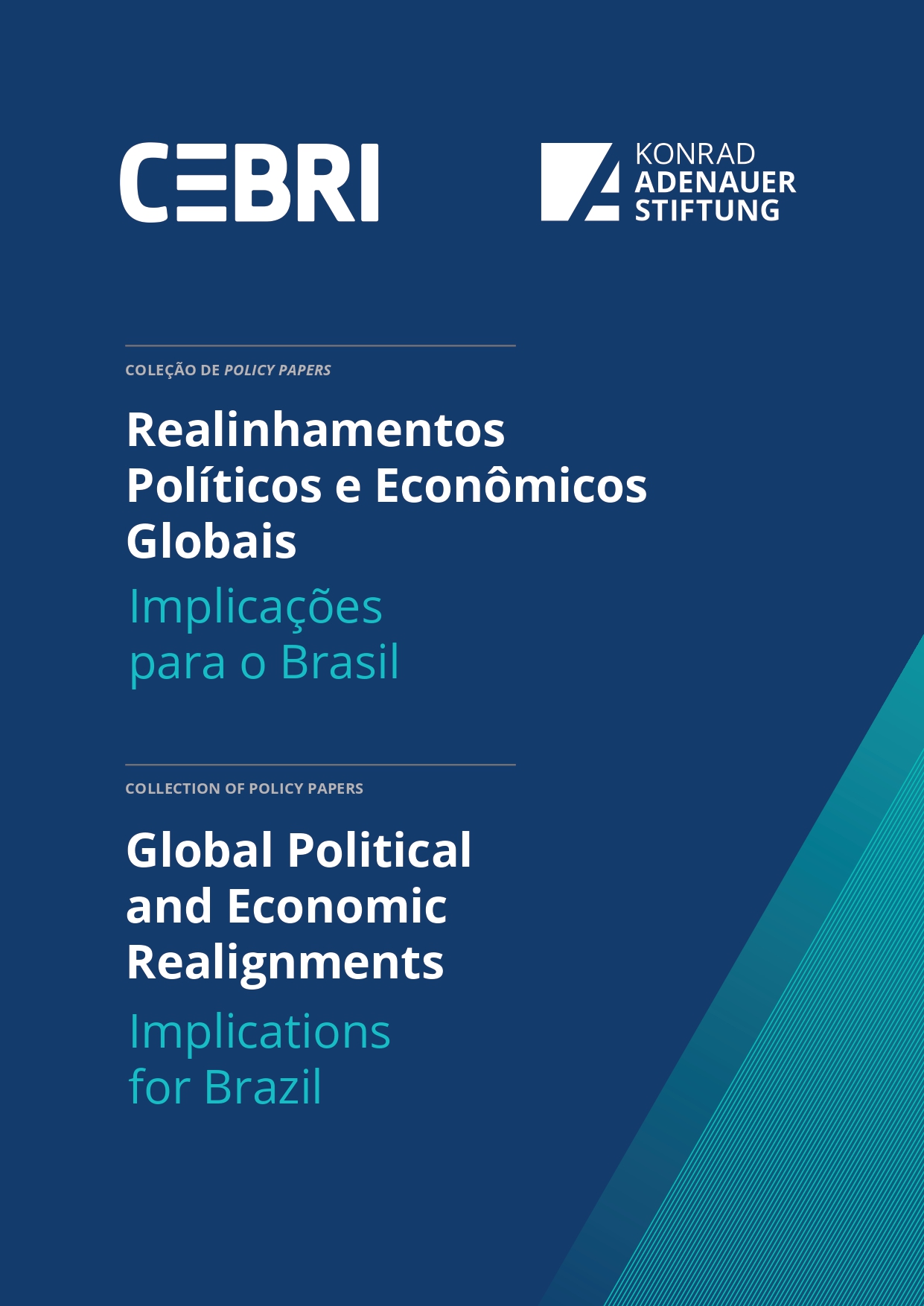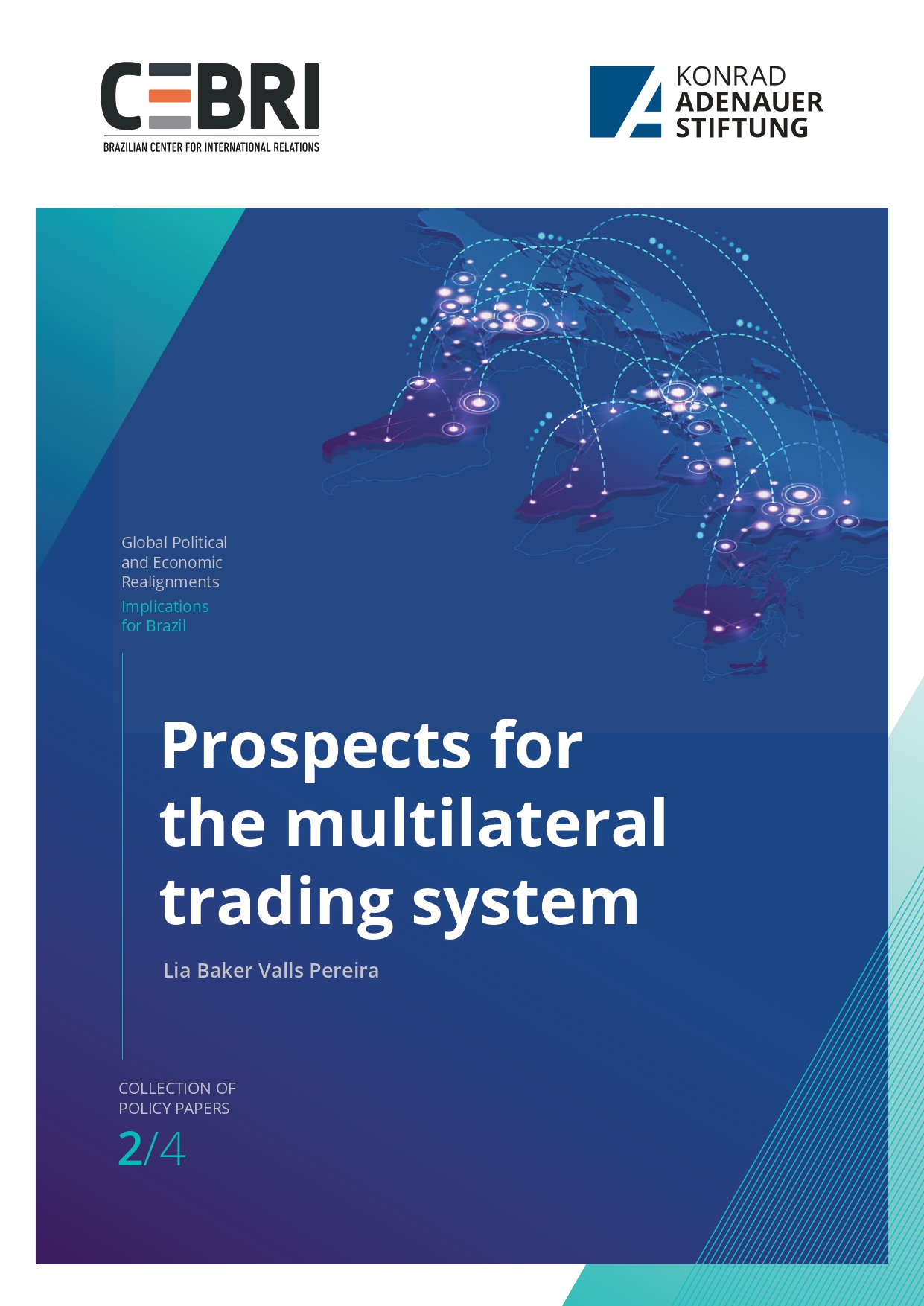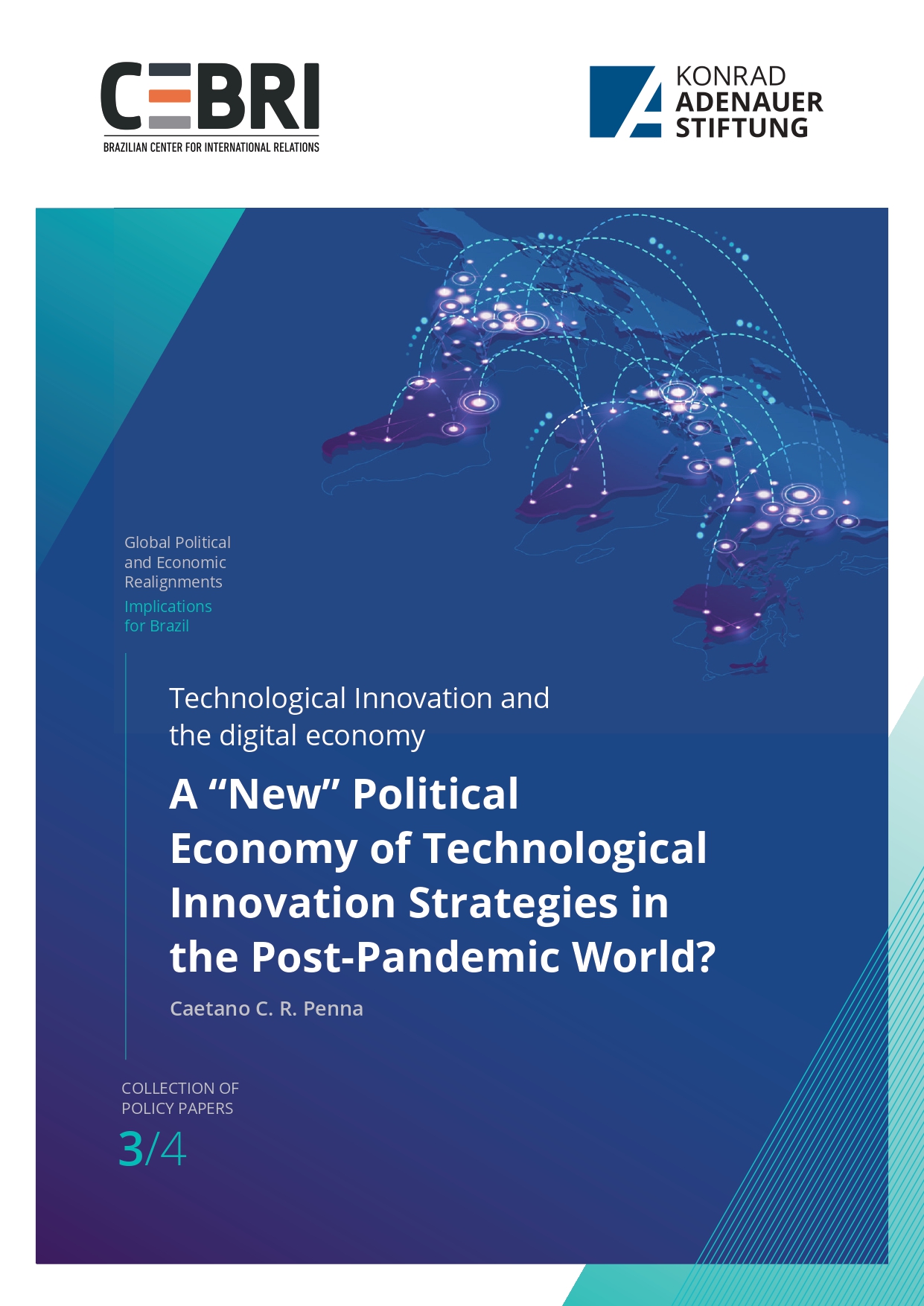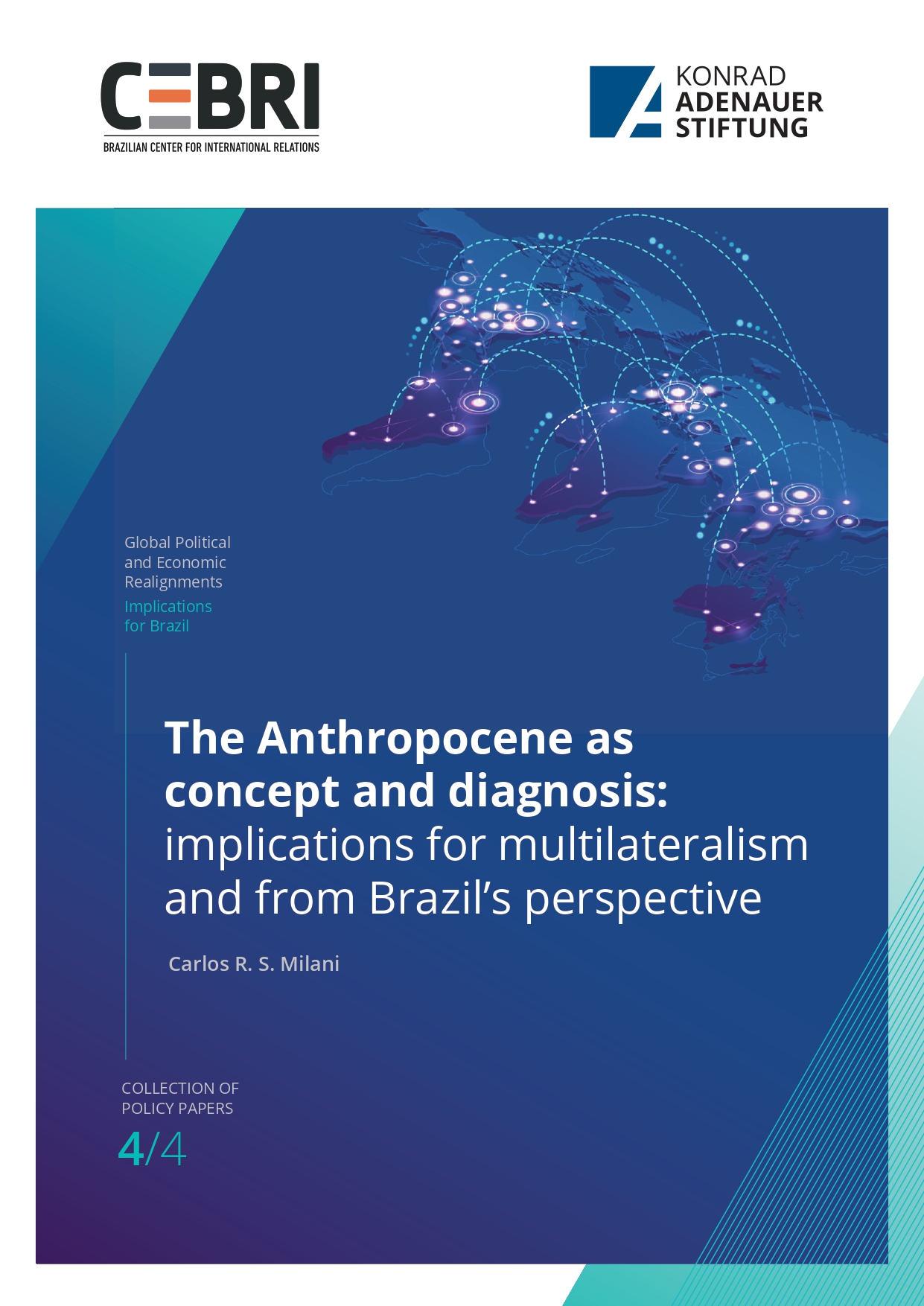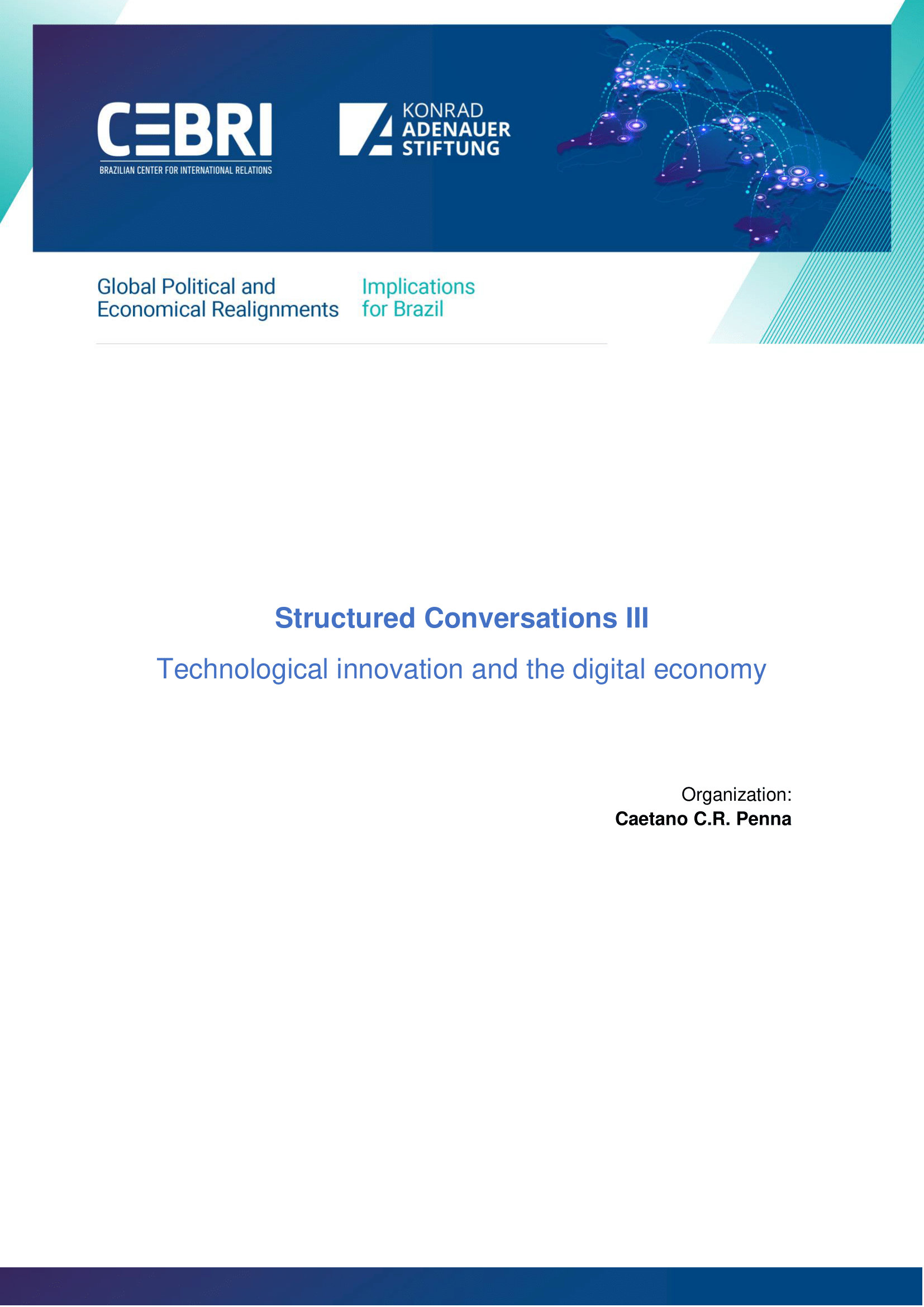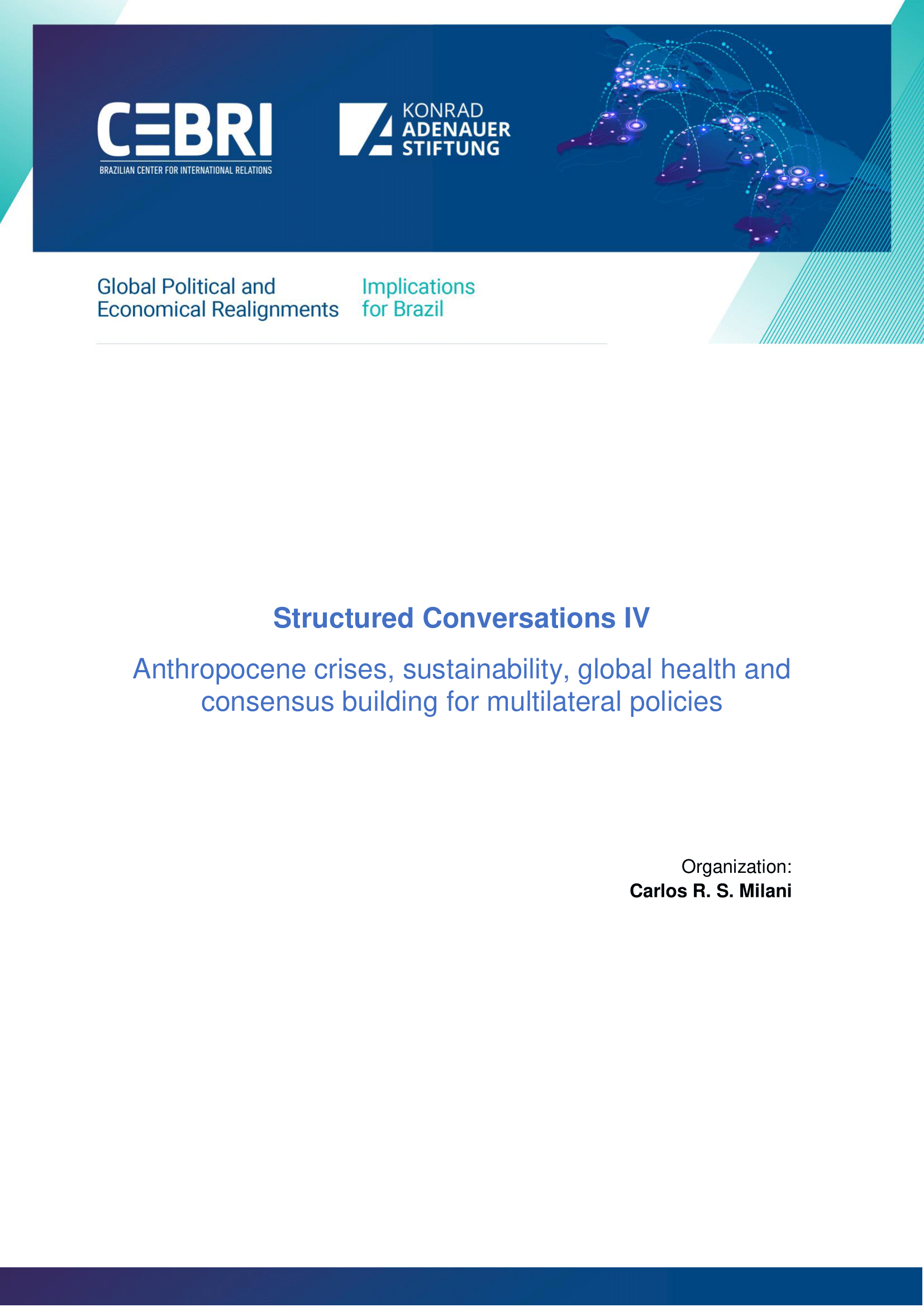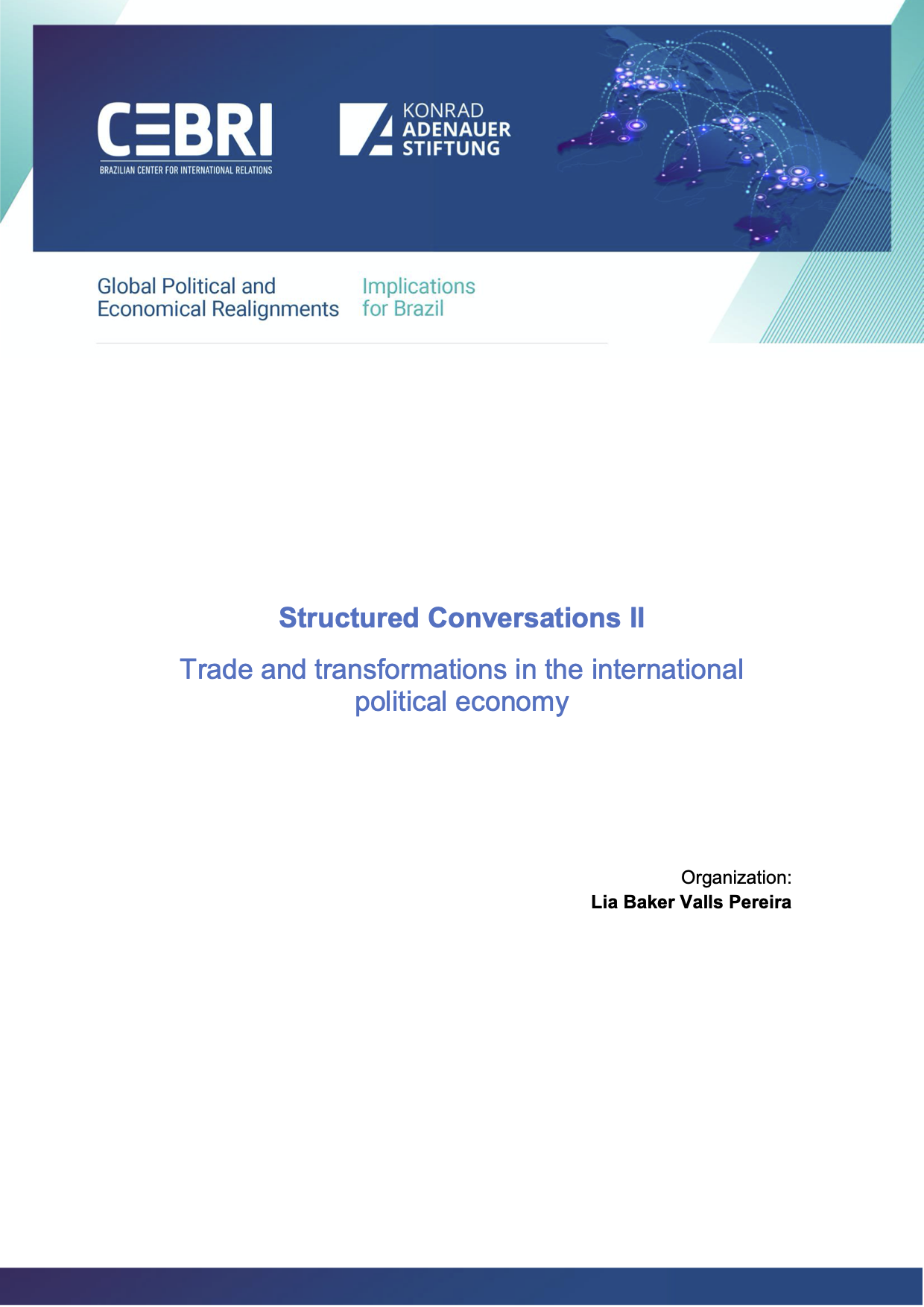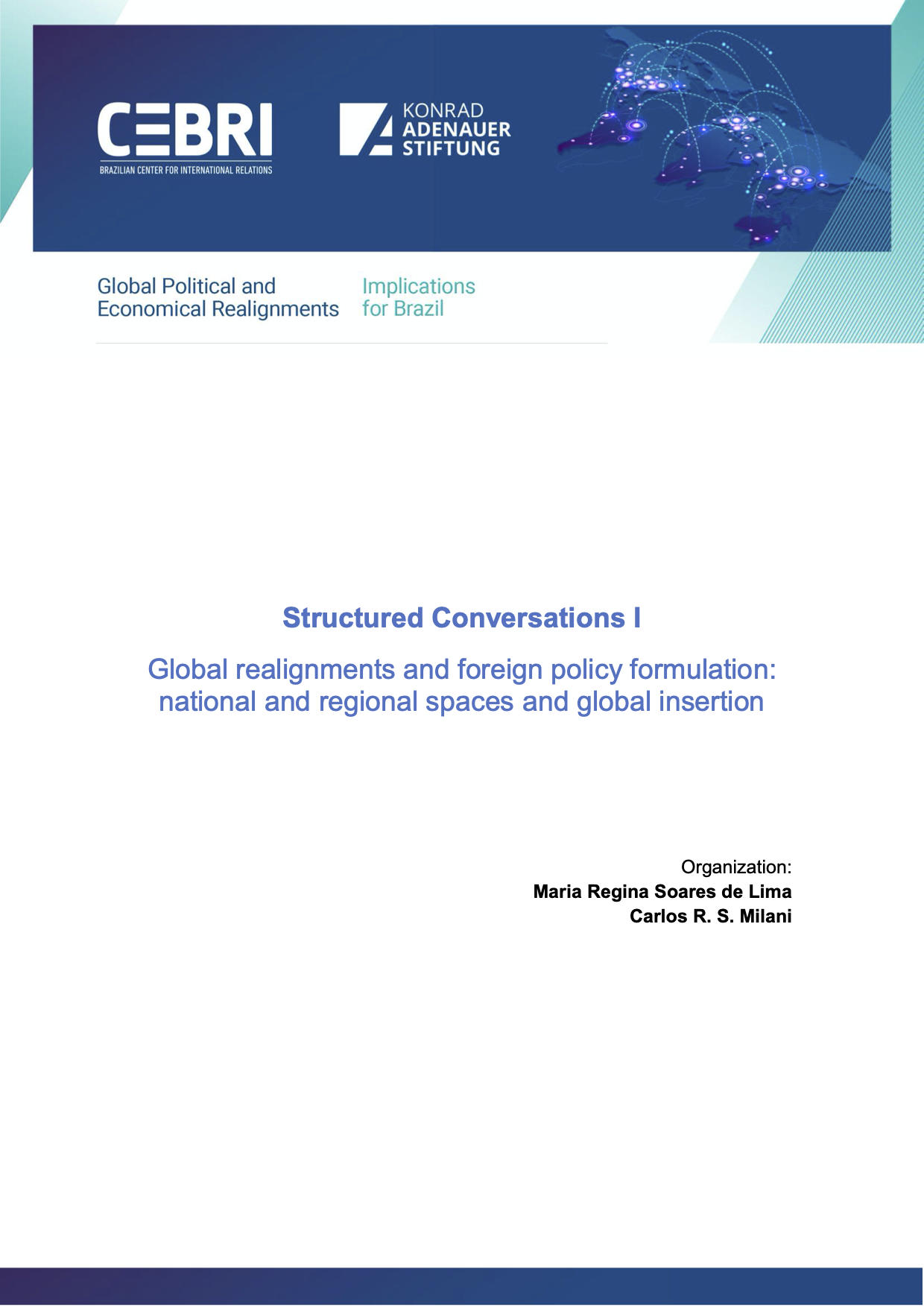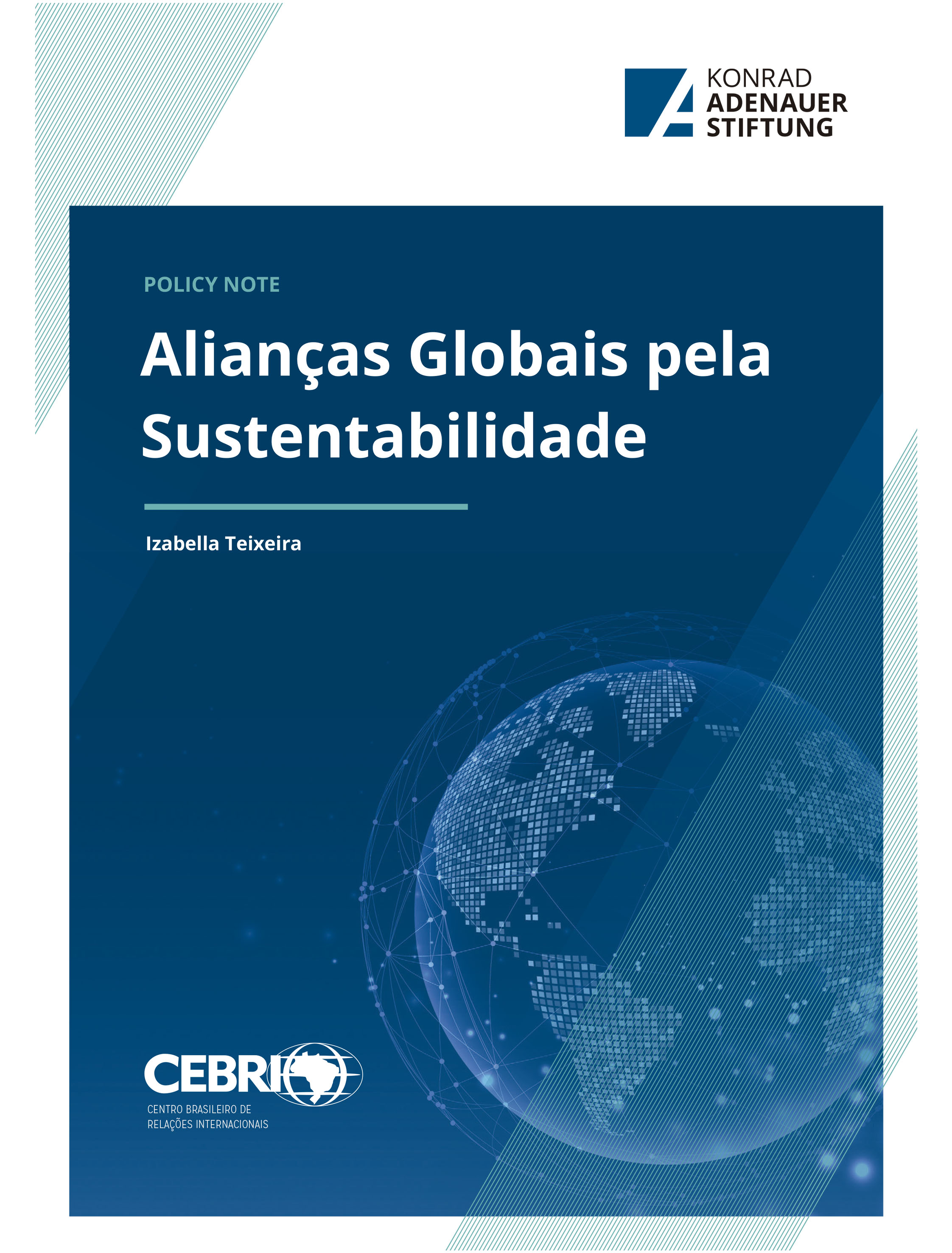Policy Papers
Power transition and hegemonic disputes between the US and China: Implications for the design of multilateral organizations
- Multilateralism
- 12 april 2022
Focusing on political multilateralism and the security and development agendas, this policy paper analyzes two dimensions of the contemporary crisis of multilateralism: (1) the challenge of diversity stemming from China’s and emerging powers’ demands for a multilateralism that does not only reflect Western-based interests and worldviews; (2) the difficulty of building multilateral institutions in the context of a hegemonic dispute between the United States and China. The main argument is that the solutions to the contemporary crisis of multilateralism necessarily involve a political (and therefore peaceful) settlement of this dispute. The policy paper is organized around three sections: the first reviews the evolution of US foreign policy from the end of the Cold War to the current Biden-Harris administration; the second deals with the Chinese experience in the field of universal multilateralism and in the construction of new Asian institutions; the third makes some final considerations, aiming to understand what possibilities are open to Brazil in this critical juncture of divergent interests and difficult consensus-building.
Focusing on political multilateralism and the security and development agendas, this policy paper analyzes two dimensions of the contemporary crisis of multilateralism: (1) the challenge of diversity stemming from China’s and emerging powers’ demands for a multilateralism that does not only reflect Western-based interests and worldviews; (2) the difficulty of building multilateral institutions in the context of a hegemonic dispute between the United States and China. The main argument is that the solutions to the contemporary crisis of multilateralism necessarily involve a political (and therefore peaceful) settlement of this dispute. The policy paper is organized around three sections: the first reviews the evolution of US foreign policy from the end of the Cold War to the current Biden-Harris administration; the second deals with the Chinese experience in the field of universal multilateralism and in the construction of new Asian institutions; the third makes some final considerations, aiming to understand what possibilities are open to Brazil in this critical juncture of divergent interests and difficult consensus-building.
